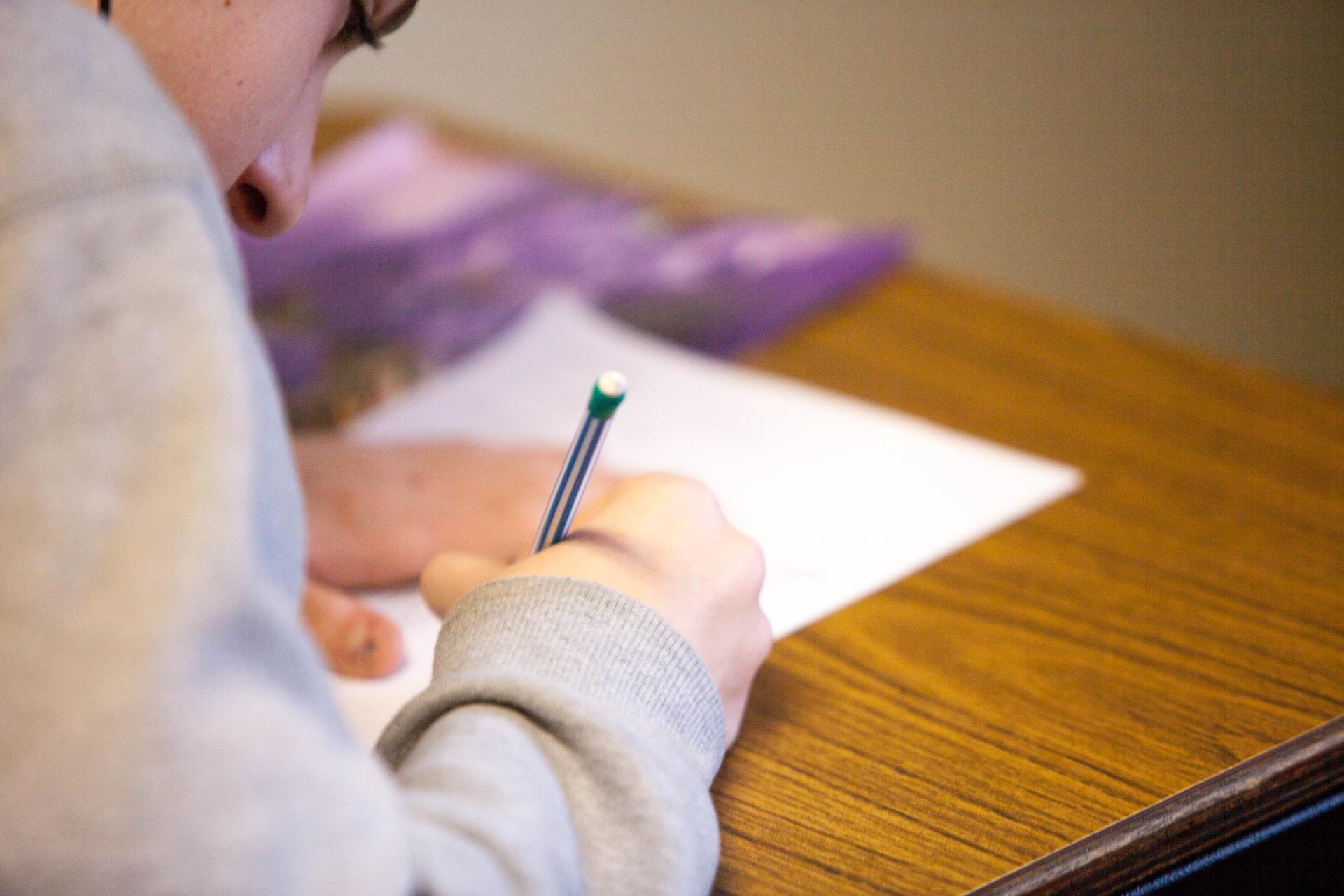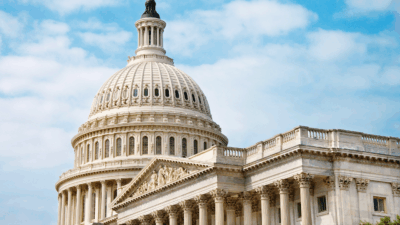
Sign up for smart news, insights, and analysis on the biggest financial stories of the day.
Times like these test a person, especially CFAs.
The pass rate for February’s final level of the famously tough chartered financial analyst exam hit 48% for the second time in a row. Pass rates have bounced back from pandemic-era lows and are now inching toward the decade average, an indication that the test is becoming more forgiving.
Pencils Down
People who complete the CFA exam typically go on to work in portfolio management and investment consulting. Along with an MBA degree, the CFA is often seen as the gold standard for Wall Street hires.
And let’s get one thing straight: The CFA test is hard. It’s often called “the hardest exam in finance.” You can’t just cram for it like a bio quiz (remember, the mitochondria is the powerhouse of the cell). Students typically take about four months to prepare for the Level I test and dedicate 300 hours of study time to it. For the Level II and III exams, that study time bumps up to 330 and 345 hours, respectively.
That said, the test does appear to be getting easier:
- The last year a supermajority of students passed the final test was 2006, with 75% of takers earning their certificate, according to the CFA Institute. After that, pass rates fell between 50% and 55% for the next decade and a half. Then COVID hit, upending pretty much every facet of human life, and the CFA exam was no exception.
- Exam dates were postponed or canceled, and the tests went computer-based instead of in-person. This threw off a lot of students who had spent months studying. And because 2021 never saw Level III pass rates exceed 43%, application numbers fell off. Large swaths of Wall Street’s freshman class didn’t want to spend so much time and money on a test they’d likely fail.
Take it Easy: AJ Srmek, a financial advisor and Youtuber, said the CFA Institute is likely trying to correct the COVID dips by easing up on the tough questions and requiring a lower score to pass. “The biggest factor with these improving pass rates is the decreasing minimum passing score,” he said in a video. “A lower minimum passing score is literally the institute just turning a dial and making the exam generally easier.”











